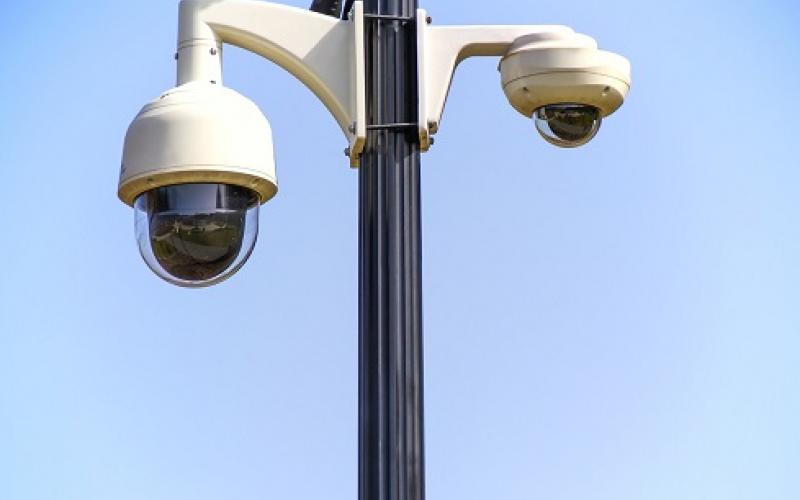Deploying and maintaining a fast and reliable wireless LAN is becoming increasingly important for most enterprises. The WLAN has quickly taken over wired connections as the dominant end-device connection method, largely due to trends such as BYOD. And with the Internet of Things (IoT) movement looming, the number of WiFi-enabled devices connecting to your WLAN is expected to explode. This is leading many to wonder how far their wireless LAN will take them before needing an upgrade? And what is likely to cause the greatest amount of strain on the WLAN?
In this slideshow, we'll outline seven sources of pressure on your wireless network today or potentially in the future. And while some of the problems can only be resolved through capital expenditures on hardware/software upgrades, others can be handled with company policy changes and proper maintenance. In the end, you should come away with some ideas on what to look out for, and how to resolve WLAN performance issues so they don't severely impact your end users.
Generally, the age of your WLAN will impact how much it's impacted by the strains we list on the following pages. Older WLANs were designed with coverage in mind, not capacity. To reduce implementation costs, each wireless access point was deployed in such a way as to cover as many square feet as possible. But as more and more laptops, smartphones, and tablets started showing up in offices, traditional WLAN architectures were at risk of succumbing to overcapacity. Newer architectures were designed for coverage and capacity in mind, allowing for connectivity of more densely populated WiFi areas.
But even WLANs that are just a few years old are struggling to keep up with the ever-increasing number of devices that are showing up. So if you have a fairly new WLAN, and still have to deal with capacity issues, you are not alone.
(Image: Rawpixel Ltd/iStockphoto)
















